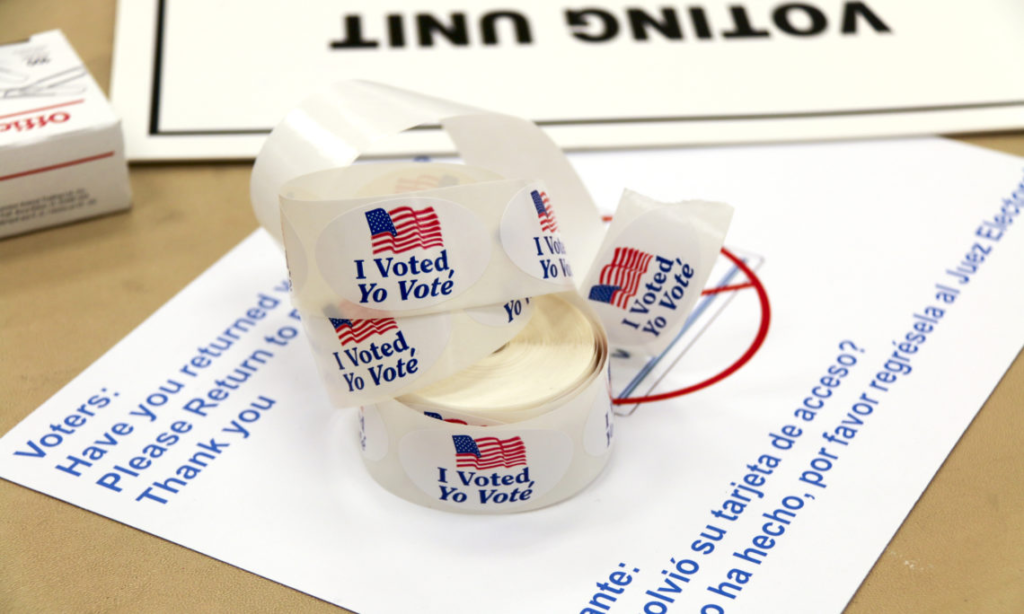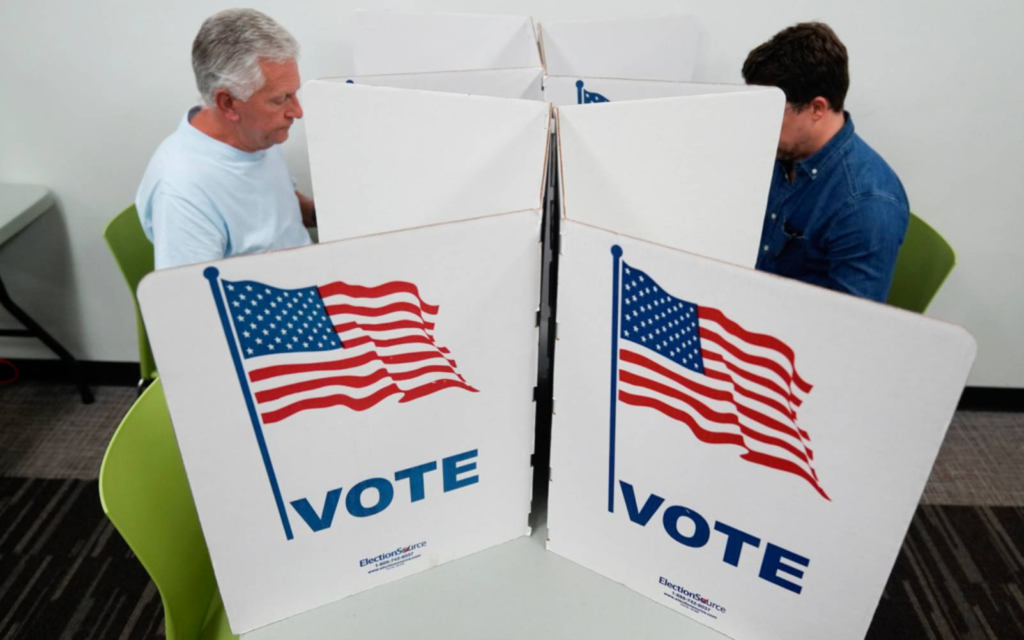When Americans think of elections, their minds often go to the presidential race or the big Senate battles that dominate the headlines. But what if the most powerful vote you can cast isn’t for the president — but for your local school board, mayor, or city council? Every year, millions of Americans skip their local elections, not realizing that these “small” races have a huge impact on their everyday lives.
From the quality of public schools to the maintenance of your streets, local officials make policies that affect your family, your wallet, and your neighborhood. They make decisions on issues like policing, housing, public transportation, and local taxes — yet turnout in local elections in the U.S. often remains in the low double digits.
This blog discusses why local elections are a cornerstone of American democracy and why ignoring them means giving up a powerful tool for real change. If you care about potholes, parks or property taxes, you should care about who’s on your city council. It’s time to shift our focus from Washington to our neighborhoods — and take action where our vote can have the most impact.

What exactly are local elections? Local elections vary by state and municipality, but they typically involve voting for mayors, city council members, school board officials, judges, sheriffs, and various county positions. These elected individuals directly influence policies that affect your daily life far more than federal lawmakers. Unlike federal elections, which are held every four years and attract nationwide attention, local elections occur more frequently — often during odd-numbered years or at different times than national elections.
This off-cycle timing contributes to lower awareness and lower turnout. But skipping these votes means leaving major decisions in the hands of a small, often unrepresentative portion of the population. Why local elections are more important than you think
You may not know your city council member’s name, but they’ve probably had a hand in decisions like:
1.Zoning laws that affect whether new housing can be built in your neighborhood
2.Police budgets and law enforcement oversight
3.Public transportation routes and programs
4.School curriculum standards and education funding
5.Sanitation and infrastructure maintenance

These decisions don’t just affect the community — you live in them. Whether a new supermarket opens down the street, your rent goes up, or your children’s school textbooks are updated may all depend on a vote you don’t cast.
The Voting Problem in America Elections:
Despite their importance, local elections in America have very low voter turnout. According to the National Civic League, local elections across the country often have less than 15% voter turnout. Compare that to presidential elections, where more than 60% of eligible voters cast a ballot, and it’s clear the two don’t match.
What’s even more shocking? People who vote in local elections are typically older, wealthier, and less diverse — meaning their priorities disproportionately shape local policy. When younger or lower-income voters stay home, their needs and voices are often left off the local agenda.

Real-World Examples of Local Power
Let’s make this concrete:
In Flint, Michigan, local officials approved cost-cutting water supply changes that ultimately led to a public health crisis.
In Los Angeles, school board elections set policies on charter schools, teacher evaluations, and class size — impacting hundreds of thousands of students.
In New York City, local prosecutors (elected positions) decide whether to pursue criminal charges and how to prioritize resources — which affects everything from street crime to systemic reform.
These aren’t abstract political debates. These are decisions that shape people’s health, safety, and opportunities.
Why your vote holds more power locally
In national elections, your vote is just one in millions. But in local elections, especially in small cities or counties, the outcome can depend on just a few ballots. It’s not uncommon for school board seats or city propositions to be decided by fewer than 100 votes.
That means your individual vote carries more weight than in national races. It’s like going from shouting in a stadium to sitting at a table.
How to stay informed and get involved
The good news? It’s not too hard to stay updated.
Check your local board of elections – most states and cities have websites with upcoming election dates, sample ballots and information about candidates.
Research candidates and initiatives – local newspapers, community forums and nonpartisan sites like Ballotpedia can help.
Attend town hall or city council meetings – even if you don’t speak, you’ll see who’s making decisions and how they engage with the public.
Encourage others – talk to friends and family. Help demystify local elections and share resources.
Vote by mail or in person – many jurisdictions offer early voting, absentee ballots and accessible voting options to make the process easier.

Your community, your choice
Local elections don’t come with the fanfare of national campaigns, but they are the foundation of American democracy. They are places where citizens can directly hold leaders accountable, where real changes can be made, and where every single vote matters in a tangible way.
So the next time there’s a local election in your area – don’t ignore it. Research the issues, get to know the candidates and vote. Because when you vote local, you’re not just checking a box – you’re shaping your community.
Final Thoughts: Your Voice Matters—Right Where You Live
At a time when national politics can feel overwhelming or disconnected from everyday life, local elections offer something refreshingly different: real, measurable impact. The potholes in your street, the safety of your parks, the quality of your children’s schools—these are all decided by the leaders elected in your own community. And yet, most Americans pass up the chance to vote in these crucial elections.

It doesn’t have to be that way. Becoming an active local voter is one of the most powerful, accessible ways to make change. You don’t need to run for office or become a policy expert. You just need to get out there, vote, and encourage others to do the same.
So check your local election calendar. Know who’s on the ballot. Talk to your neighbors. Because the future of your city, your neighborhood—even your street—starts with decisions made locally.
And those decisions start with you.